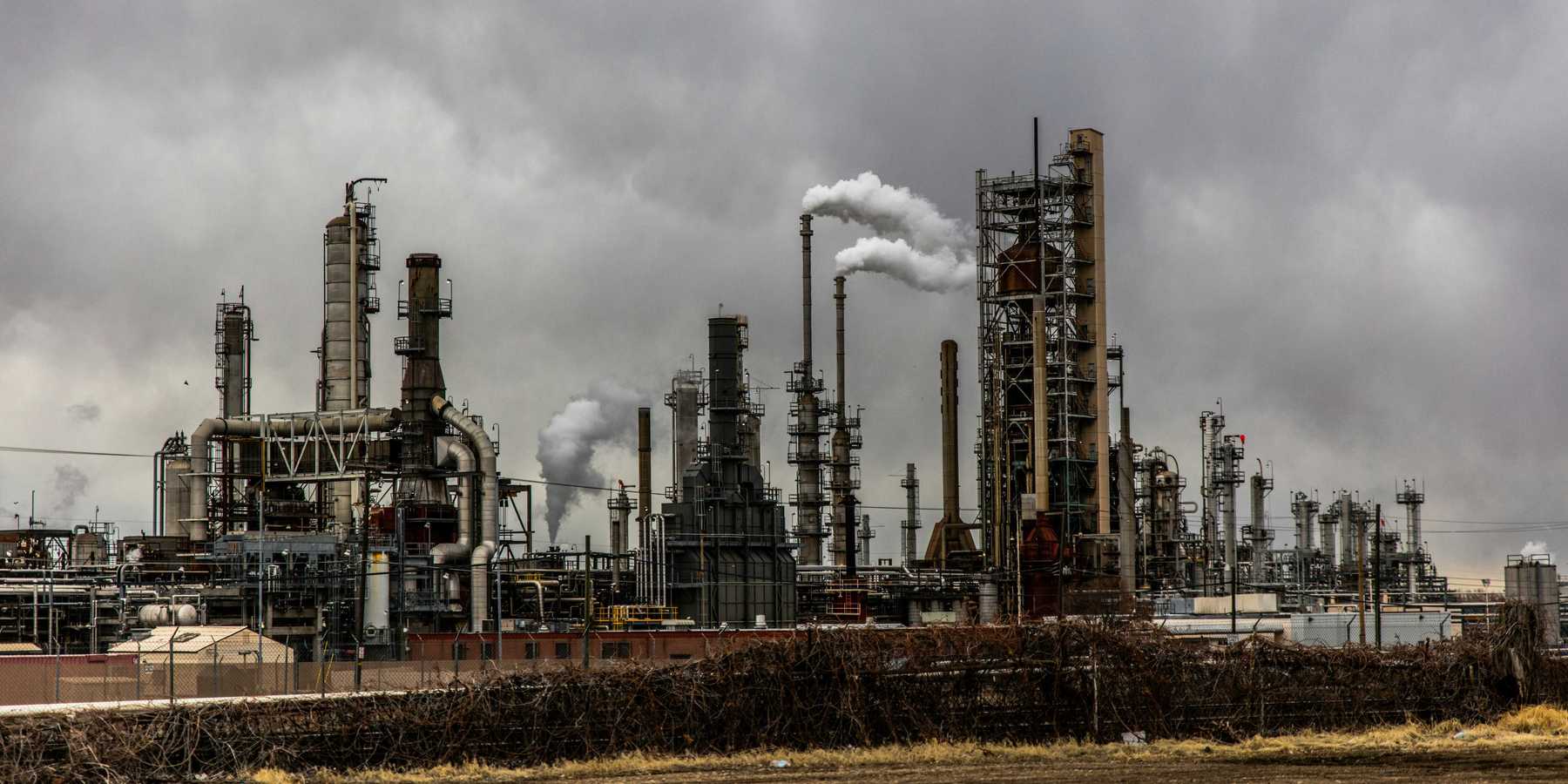International carbon credits lead to mangrove restoration in Senegal but raise social equity concerns
A $4.4-million carbon offset project funded by multinational companies restored mangroves in Senegal, but local workers saw minimal financial benefit despite doing much of the work.
Jack Thompson reports for Hakai Magazine.
In short:
- Restoration efforts, funded by carbon credits from European companies, helped revive Senegal's mangroves, benefiting local ecosystems and economies.
- Despite their crucial role in the project, local workers received low wages and were not informed about the origins of the funding.
- Critics argue that carbon offset projects often exploit local communities, providing little financial transparency and minimal involvement in project design.
Key quote:
"We know it’s the NGOs and their partners who are earning millions. Not us."
— Hélène Sonko, local worker
Why this matters:
Mangroves, known for their ability to sequester large amounts of carbon, provide an invaluable buffer against coastal erosion and support biodiversity. However, this ostensibly win-win situation belies a stark disparity in benefits. Despite their pivotal role in the restoration efforts, local workers have reaped minimal financial rewards. While corporate backers tout the project's environmental success, the economic uplift for the community remains disappointingly scant.













